Discover how having an Employer of Record (EOR) in Indonesia helps businesses hire employees quickly & efficiently so you can expand your business smoothly without interruption
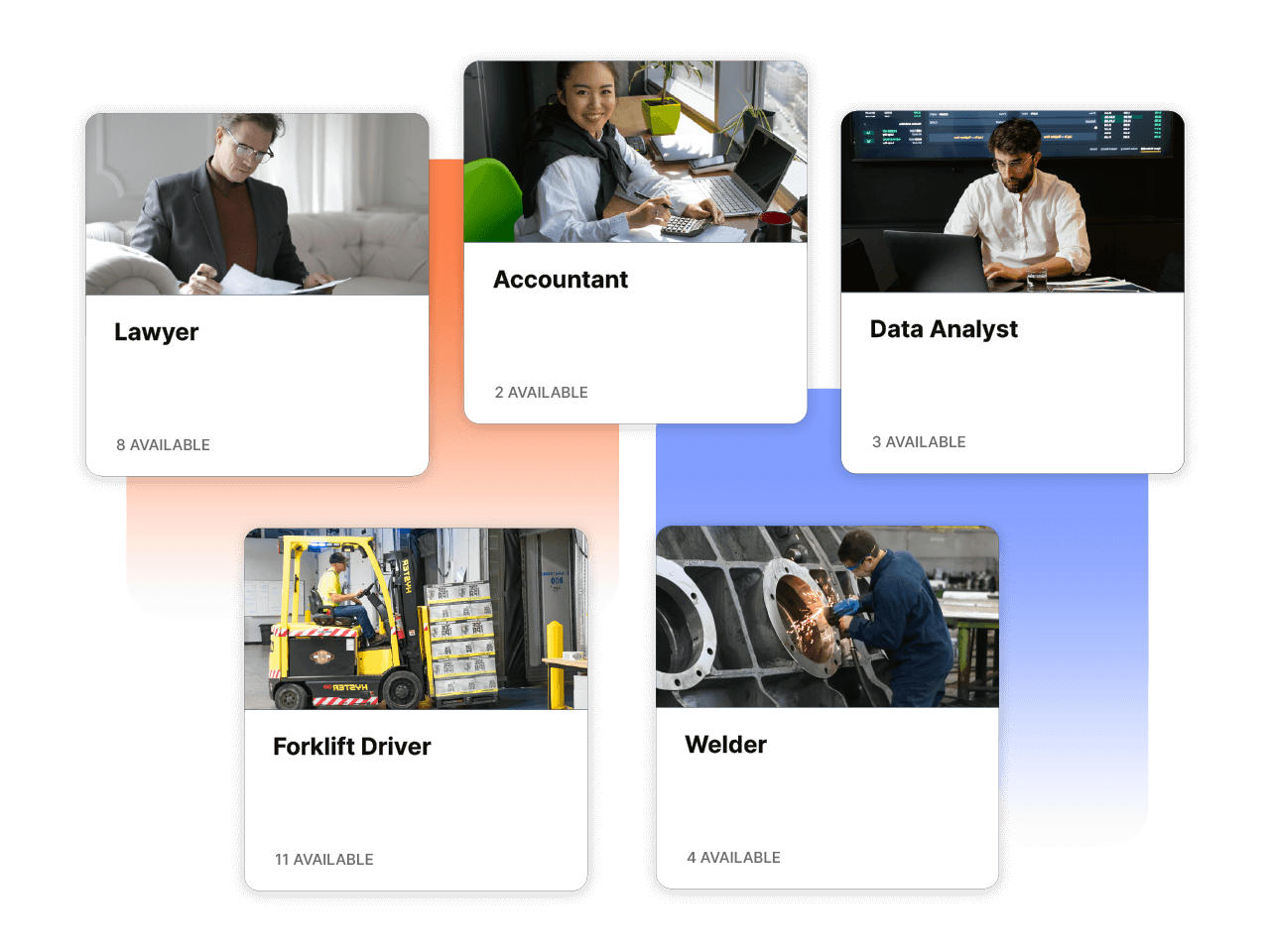
This is a common struggle for many high growth companies due to the language barriers, cultural differences and the complex, ever-changing employment laws. Look no further than our employer of record solution.
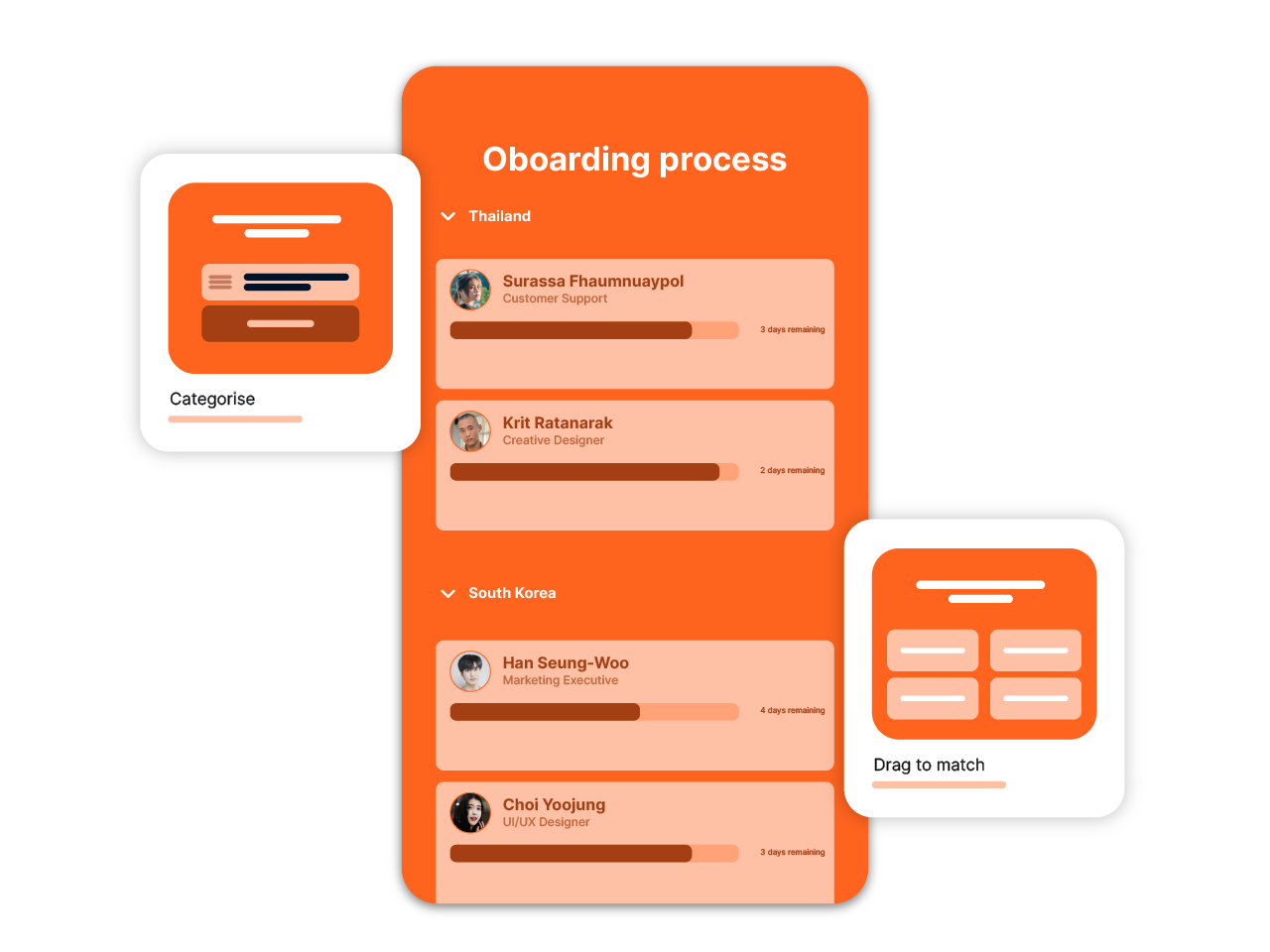
Sit back while focus on your core business while we take care of the rest.
Got a great business idea and looking to hire employees in Indonesia? AYP Group (AYP) has got your back! Our Indonesia EOR helps you hire employees quickly and efficiently, so you can focus on your business goals.
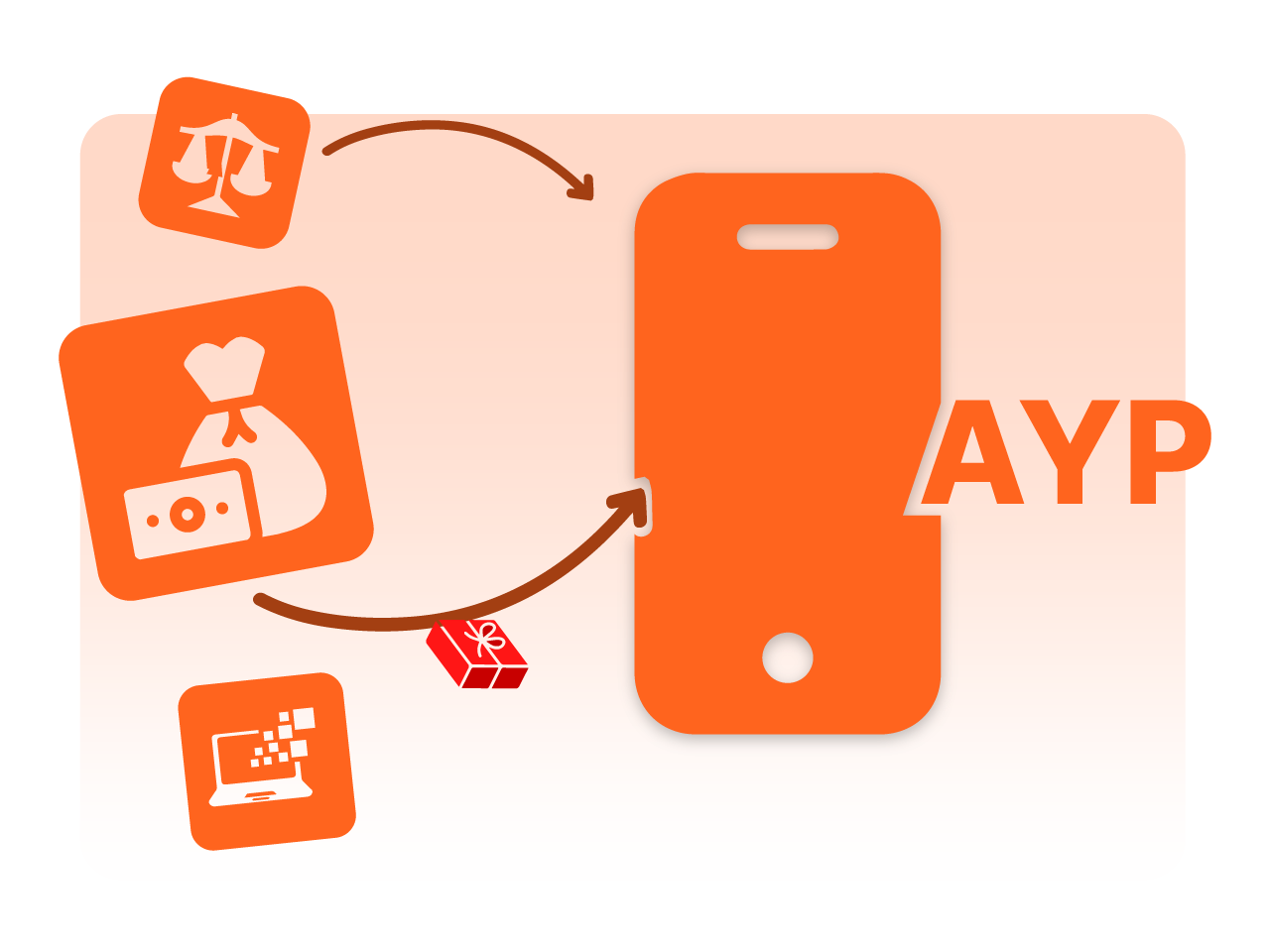
Forget about the lengthy and expensive process of setting up a legal entity – we’ll take care of all the HR, benefits, payroll, and tax needs for the employees.
Compliance with local employment laws
Reduced hiring time and cost
Minimized legal and financial risks
Dedicated HR support and expertise
Seamless onboarding and payroll management
Access to a wider talent pool
Our process is simple and efficient. First, we hire the employee on your behalf and become their official employer.
Then, we manage all legal and administrative tasks, including payroll, taxes, benefits, and compliance.
Finally, we work closely with you to ensure a smooth and successful onboarding process.
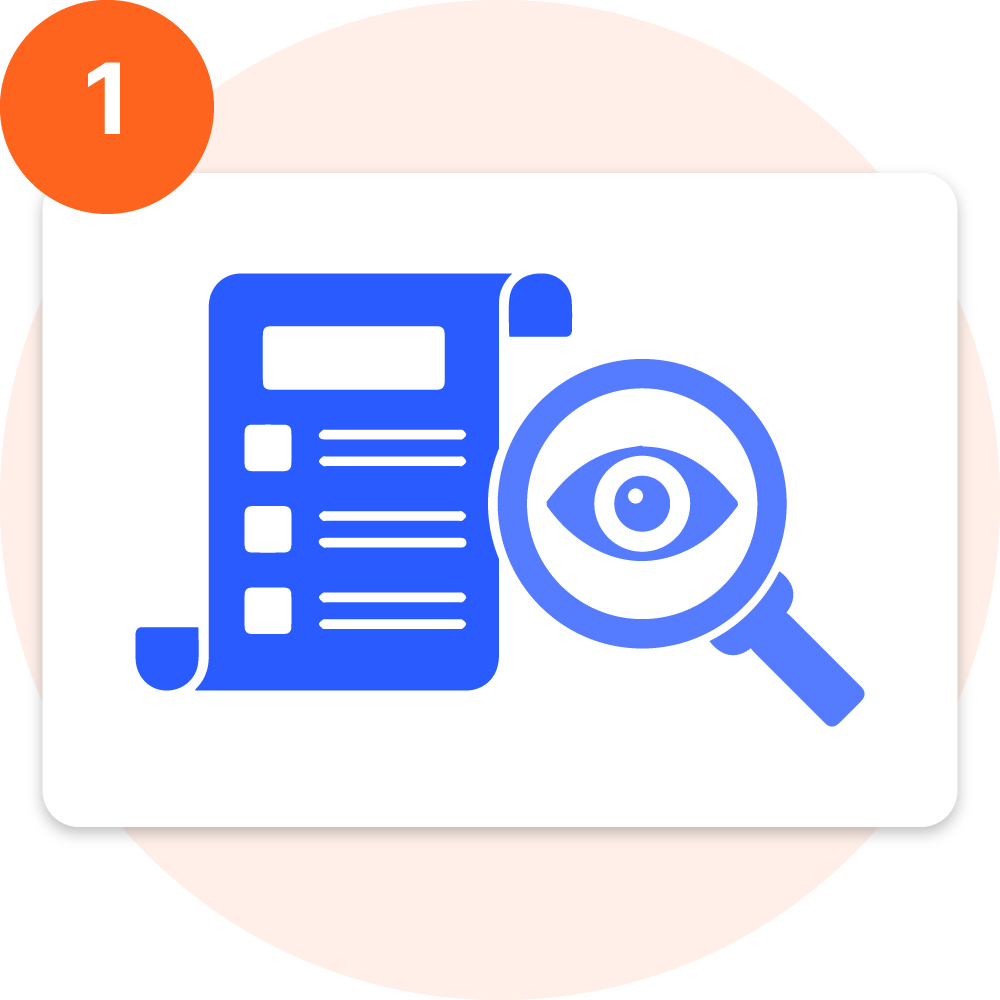
Our solution offers complete transparency in pricing, so you know exactly what you’re paying for and can manage your workforce costs more effectively.
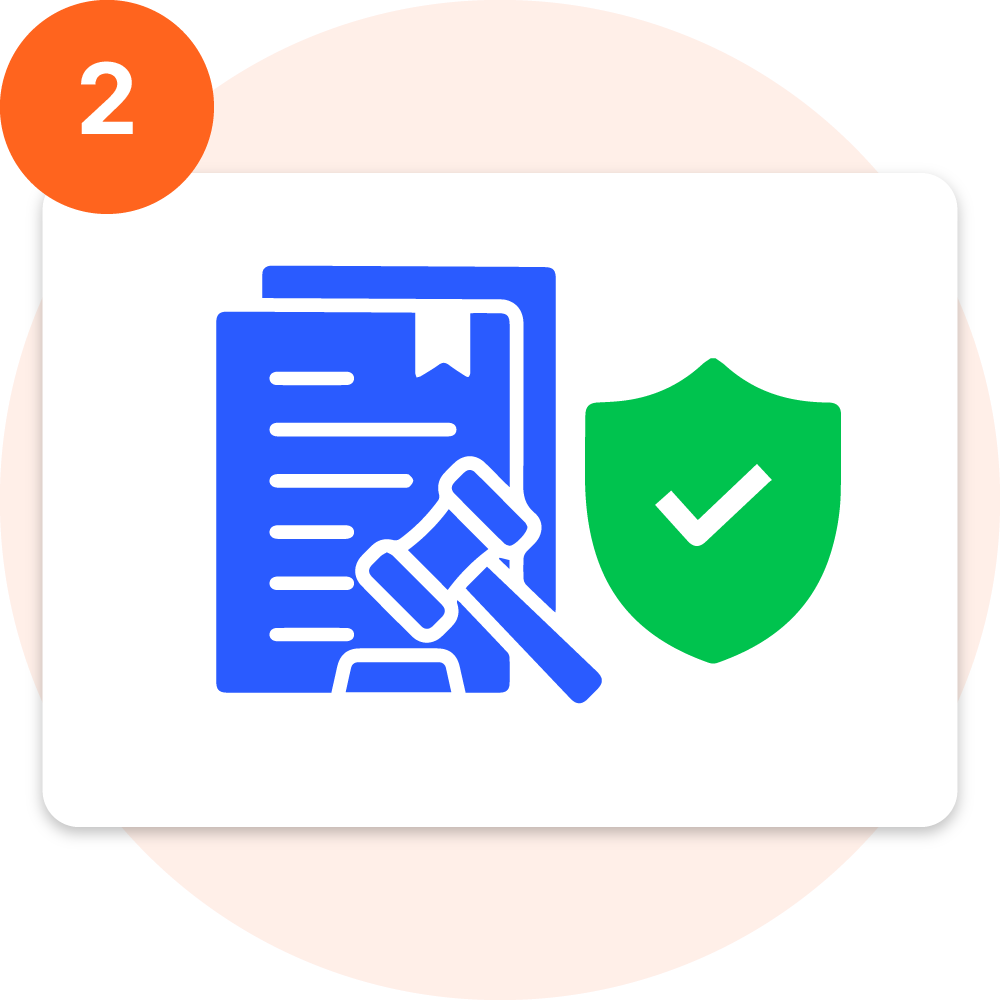
Our all-in-one compliance management system simplifies HR processes across jurisdictions, freeing up your time to focus on growing your business.

With our platform, you have access to local compliance experts who can guide you through the complexities of managing a distributed workforce, ensuring that you stay compliant with local laws and regulations.
Don’t let the complexities of employment laws in Indonesia slow down your business growth. Choose our employer of record solution and simplify your hiring process.
Indonesia is a sovereign nation located in Southeast Asia and Oceania, with a population of over 270 million people. It is the world’s largest island country and the world’s fourth most populous country.
Indonesia has a mixed economy, with a combination of private enterprise and government control. It is a major player in the global economy, with major industries including agriculture, manufacturing, and tourism.

Jakarta

Indonesian Rupiah (IDR)

Bahasa Indonesia

Presidential representative democratic republic
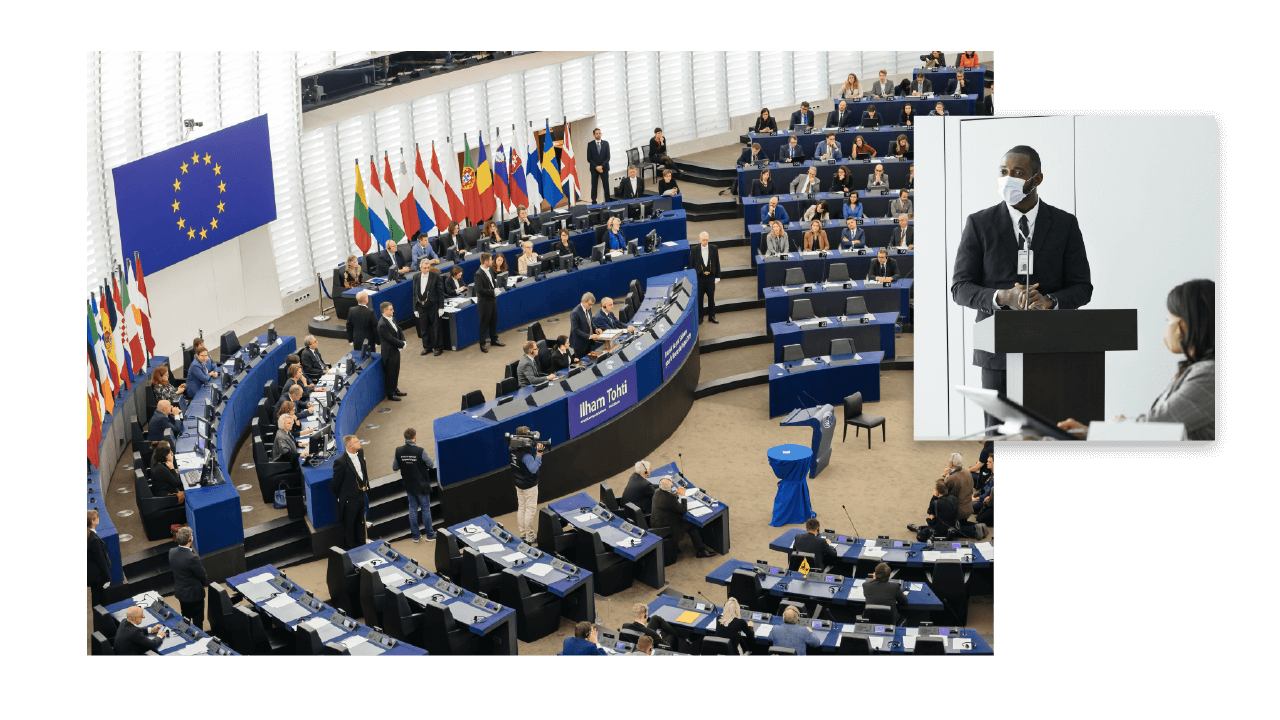
In Indonesia, there are several types of employment contracts that an employer can offer to an employee. These include:
1. Permanent contract: This is a long-term contract that does not have a fixed expiration date.
2. Temporary contract: This is a short-term contract that is usually for a specific project or task.
3. Part-time contract: This is a contract for an employee who works fewer hours per week than a full-time employee.
4. Internship contract: This is a contract for a student or recent graduate who is working in a company to gain practical experience.
5. Apprenticeship contract: This is a contract for a person who is learning a trade or craft through on-the-job training.
6. Freelance contract: This is a contract for a self-employed person who provides services to a company on a project-by-project basis.

The standard working hours per week is 40 hours, with a maximum of 8 hours per day
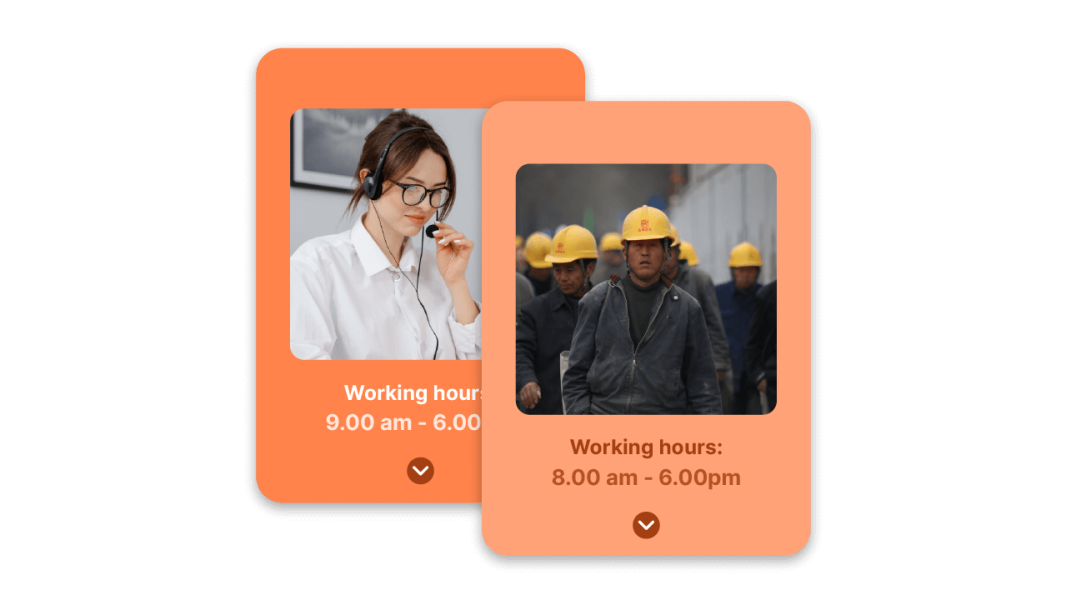
In accordance with the law, these are some of the mandatory holidays in China:
Employers are required to contribute to the social security system, which is administered by the Social Security Administering Body for Employment (BPJS Ketenagakerjaan).
This system provides protection for employees in the event of illness, injury, or death. The contribution rate is based on the employee’s salary and is typically shared equally between the employer and the employee.
Employers are required to contribute to the employee retirement fund, which is administered by the Social Security Administering Body for Employment (BPJS ketenagakerjaan).
This fund is a retirement savings scheme for private sector employees.
The contribution rate is based on the employee’s salary and is typically shared equally between the employer and the employee.
Employers are required to provide health insurance for their employees. The contribution rate for health insurance is typically shared equally between the employer and the employee.
| Cookie | Duration | Description |
|---|---|---|
| cookielawinfo-checkbox-analytics | 11 months | This cookie is set by GDPR Cookie Consent plugin. The cookie is used to store the user consent for the cookies in the category "Analytics". |
| cookielawinfo-checkbox-functional | 11 months | The cookie is set by GDPR cookie consent to record the user consent for the cookies in the category "Functional". |
| cookielawinfo-checkbox-necessary | 11 months | This cookie is set by GDPR Cookie Consent plugin. The cookies is used to store the user consent for the cookies in the category "Necessary". |
| cookielawinfo-checkbox-others | 11 months | This cookie is set by GDPR Cookie Consent plugin. The cookie is used to store the user consent for the cookies in the category "Other. |
| cookielawinfo-checkbox-performance | 11 months | This cookie is set by GDPR Cookie Consent plugin. The cookie is used to store the user consent for the cookies in the category "Performance". |
| viewed_cookie_policy | 11 months | The cookie is set by the GDPR Cookie Consent plugin and is used to store whether or not user has consented to the use of cookies. It does not store any personal data. |
